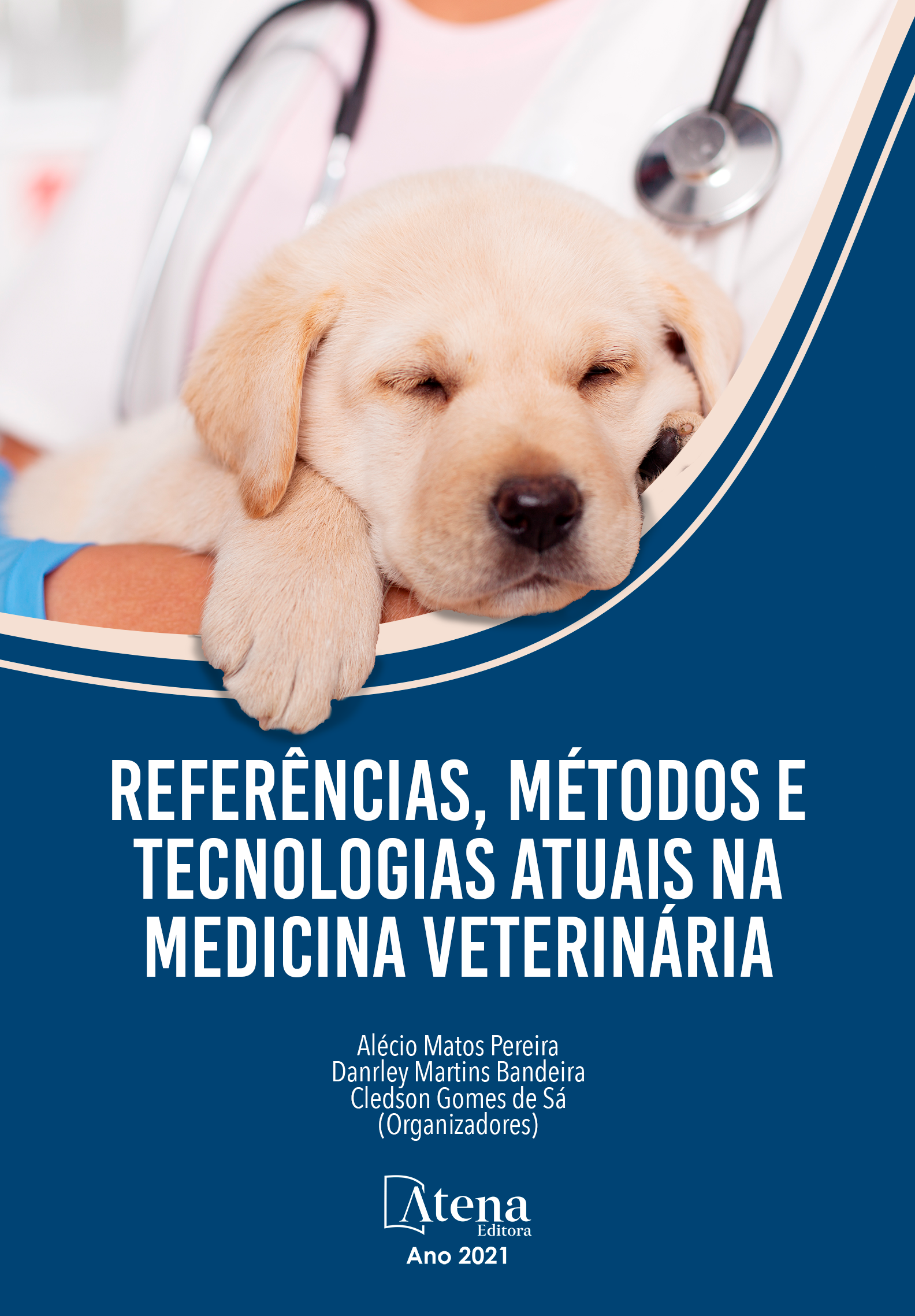
LA FORMACIÓN SOCIAL DE ALUMNOS DE LA FACULTAD DE CIENCIAS VETERINARIAS, UNR, ARGENTINA
De las múltiples actividades universitarias, la extensión es idónea para llevar adelante acciones comunitarias y los proyectos o programas de extensión son las herramientas pertinentes para concretar intervenciones sociales.
La extensión debería ser un eje organizador de todas las actividades académicas ya que ella puede direccionar tanto la investigación como la formación profesional. Sobre este último punto y especialmente para la Facultad de Ciencias Veterinarias de la Universidad Nacional de Rosario (UNR) se da cuenta que si no se cambia el paradigma que orientó tradicionalmente los planes de estudios de esta carrera, la integración con la comunidad difícilmente se cumpla.
Es necesario modificar las prácticas áulicas, salir al medio e incentivar a los alumnos a participar en proyectos de extensión como actores primordiales en correspondencia a todos aquellos intervinientes y ser sujetos de la acción. Es la educación experiencial a través de la modalidad de aprendizaje servicio solidario una forma de concretar esta meta,
Por lo tanto, la actividad no solo sería una práctica pre-profesional o una tarea de voluntariado, sino que además, enfrentará a futuros profesionales con situaciones problemáticas reales a menudo no vistas en el aula.
La participación de alumnos en proyectos de extensión genera un cambio en la forma de ver la profesión asumiendo definitivamente su rol social. Los médicos veterinarios deben estar comprometidos ante las demandas sociales actuales.
Es necesario que los universitarios alumnos y docentes trabajen por la integración de la extensión en el curriculum y de este modo valorizarla y lograr la apertura de la Universidad hacia la sociedad.
LA FORMACIÓN SOCIAL DE ALUMNOS DE LA FACULTAD DE CIENCIAS VETERINARIAS, UNR, ARGENTINA
-
DOI: 10.22533/at.ed.83321090212
-
Palavras-chave: universidad, extensión, alumnos, educación experiencial, curriculum
-
Keywords: university, extension, students, experiental education, curriculum
-
Abstract:
Of the many university activities, the extension is ideal for carrying out community actions and extension projects or programs are the relevant tools for concrete social interventions.
The extension should be the organizing axis of all academic activities as it can direct both research and vocational training. On this last point and especially for the Faculty of Veterinary Sciences of the National University of Rosario (UNR) it realizes that if the paradigm that traditionally guided the curriculum of this career is not changed, integration with the community is hardly fulfilled. It is necessary to modify indoor teaching practices, go out to the real scene and encourage
students to participate in extension projects as primary actors in correspondence with all those involved and be subjects to the action. It is experiental education through solidarity service should be the way of accomplishing this goal. Thus, the activity would not only be a pre-professional practice or a volunteering task, but moreover, it will confront future professionals with real problematic situations often unseen in the classroom.
The participation of students in extension projects generates a change in the way they see the profession, definitively assuming its social role. Veterinary physicians must be committed to current social demands.
It is necessary for university students and teachers to work for the integration of extension into the curriculum and the way to value it and achieve the opening of the university towards society
-
Número de páginas: 15
- Raúl Alberto Roque Vallone
- Carla Paola Vallone
- Andrés Zenón Bassi
- Renato Enrique Biolatto


